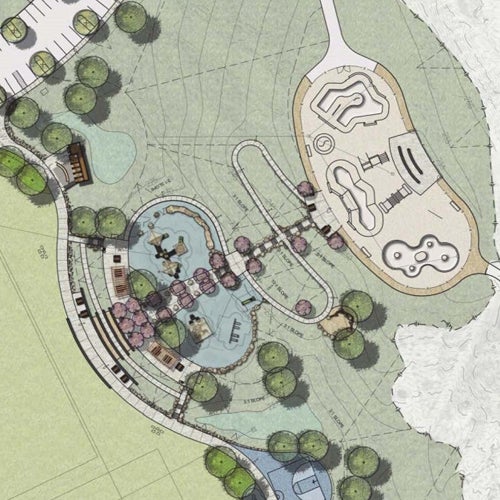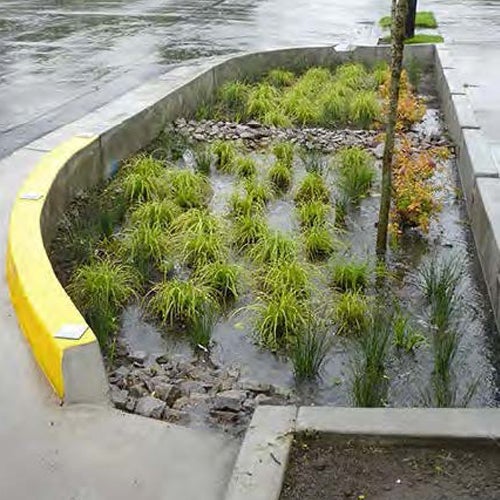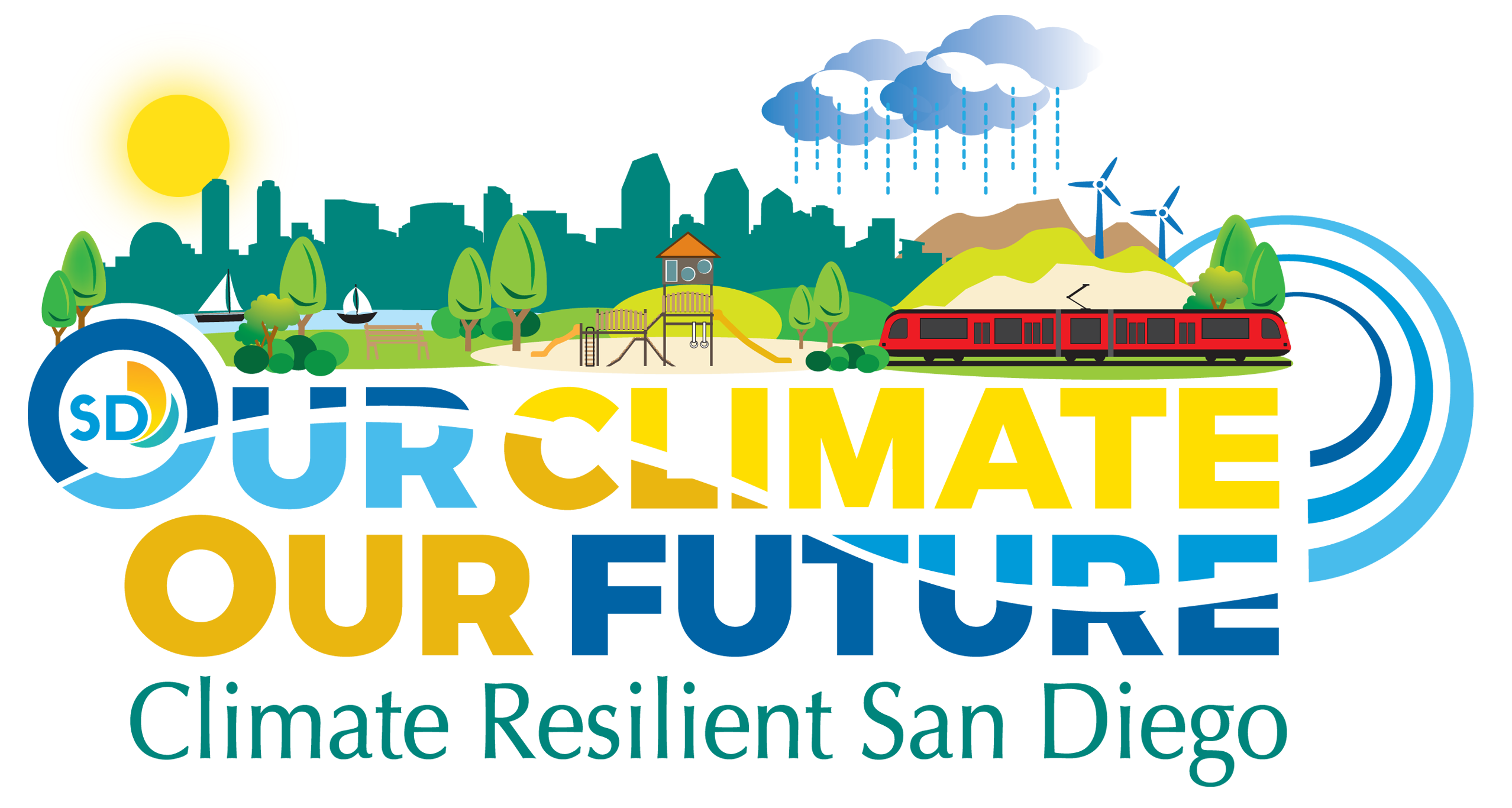Resilient & Equitable City
Resilient & Equitable City Policies
Expand a policy to view related resilience and adaptation strategies and their implementation statuses.
Implementation Highlights

The City Planning Department continued work on the Draft Inclusive Public Engagement Guide in FY25. This resource is designed to help City staff implement effective public outreach and engagement so that the public can have their voices heard in City decisions. Through inclusive public participation, the City can reduce barriers to engagement, listen and act on community feedback, and make decisions that are better informed by public input. Effective public engagement can lead to better and more sustainable decisions and outcomes, as well as improved relationships with the public. The Guide also helps the public understand how to get involved in City decision-making and serves as a resource for community organizations looking to enhance their own public engagement. The Guide was released for public review in Sept. 2025.

The Citywide Trails Master Plan was identified in the Parks Master Plan as a critical implementation item. The Trails Master Plan will guide the equitable and environmentally responsible development, enhancement and construction of existing and new trails throughout the city. The Parks Master Plan will guide the Trails Master Plan's close interaction and synergy with open space planning and conservation, in compliance with the City’s Multiple Species Conservation Program. In addition to trails within the City’s open space, the Trails Master Plan will also include urban pathways and other community connections. In FY25, City Planning Department put out an application to recruit four Community Based Organizations to help shape the Citywide Trails Master Plan and will work closely with the selected Community Based Organizations to ensure community engagement is inclusive, meaningful and well represented.

In FY25, the Parks and Recreation Department, in collaboration with the Engineering & Capital Projects Department, completed many capital improvement projects to increase access to parks and open spaces and support park amenities. These included Beyer Park, East Village Green, Southcrest Recreation Center and Ocean Air Community Park.

The City was awarded a $750,000 grant from the Office of Land use Climate and Innovation for development of an Extreme Heat Action Plan. This regional grant is in partnership with the San Diego Regional Climate Collaborative, Scripps, and the cities of Chula Vista and La Mesa. Work under this grant will leverage the City's Urban Heat Vulnerability Index to create a region wide Urban Heat Vulnerability Index. Through community engagement and partnerships, the City will develop a Cooling Solutions Toolbox and an Extreme Heat Action Plan to address the land use drivers of extreme heat and work with community members to identify specific cooling solution projects.

In FY25, $1.5 million from the SDGE Electric Franchise Agreement was allocated toward the Cherokee Point South Green Infrastructure Project, a Climate Equity Fund eligible project.
The Cherokee Point South Green Infrastructure Project will replace corrugated metal pipe storm drains at four locations within the canyon and extend the outfall location to reduce erosion. The project also includes the installation of biofiltration basins and planter boxes to reduce stormwater water pollution. The Cherokee Point South Green Infrastructure Project will replace corrugated metal pipe storm drain and four location within the canyon and extend the outfall location to reduce erosion. The project also includes installation of biofiltration basin and planter boxes to reduce stormwater water pollution.


